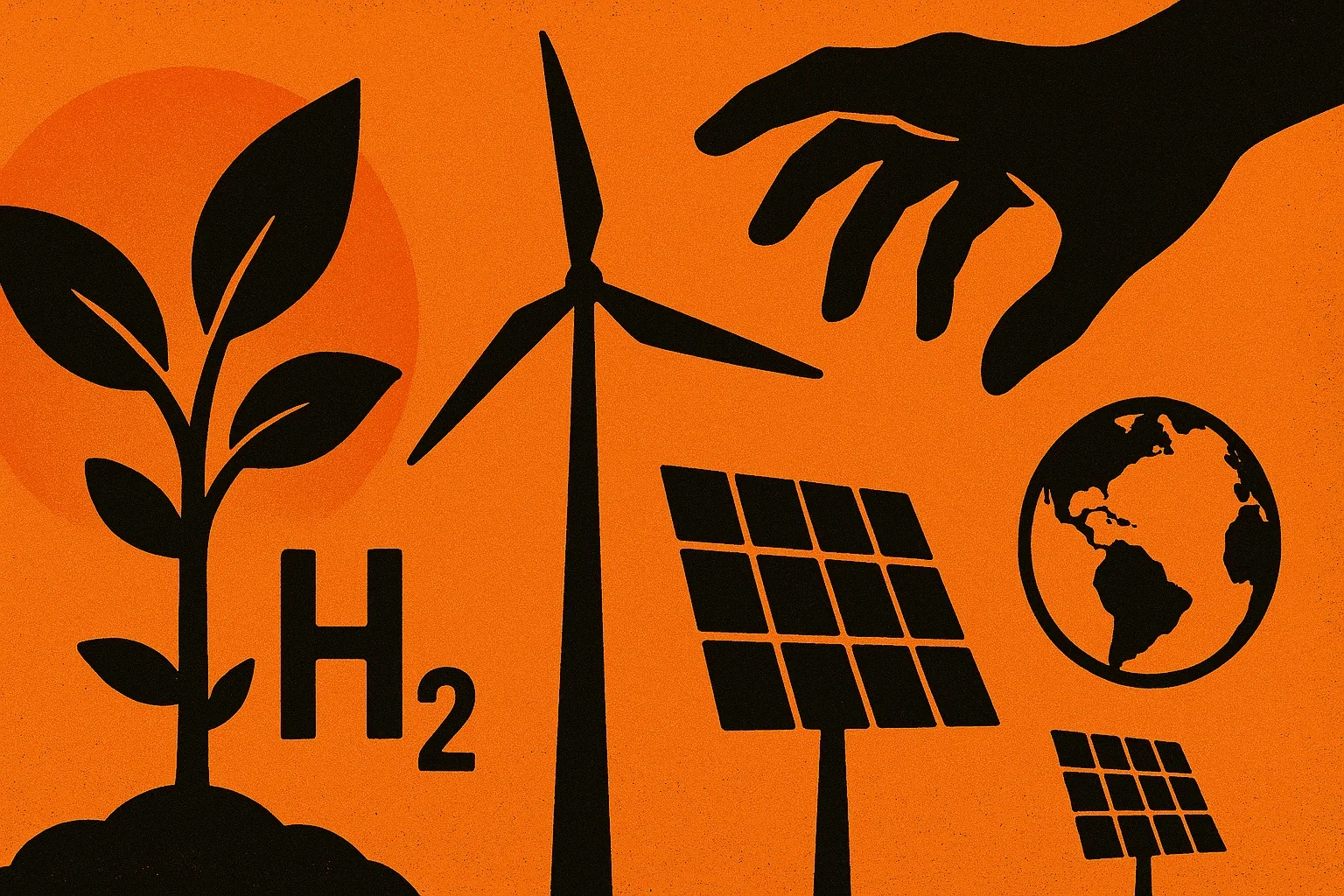In a world racing to save its planet, the "green transition" is a new hope that promises sustainability and clean energy, but it carries a bigger question at its core: is it a rescue project or colonization in a new color?
While global investments in renewable energy exceeded $1.8 trillion in 2024, industrialized countries accounted for 70% of it, while developing countries received only 5%. The North is becoming the center of control of "green" resources, while the South is left hostage to finance and debt.
China, for example, produces 80% of the world's solar panels and monopolizes more than 55% of electric car batteries through its major companies, while Europe dominates wind technologies. Thus, the South is buying "sustainability" from the North rather than co-creating it.
The battle for resources did not end with the end of oil, but began anew in the name of "green minerals."
Lithium in South America, cobalt in the Congo, nickel in Asia, and rare elements in Africa...all mined there...to be manufactured here, in northern factories that own the patents and monopolize the profits.
It is a soft environmental colonization that recycles the same system that has governed the global economy for a century.
Even the "green finance" promised to the South was not a grant but a loan wrapped in slogans.
Of the $100 billion that rich countries have committed annually to climate finance, 70 percent comes in the form of high-interest debt. Poor countries are forced to "save the planet" out of their own pockets, while polluting countries continue to export their pure goods through polluted gates.
The slogan of climate justice has become a mirror that reveals the contradictions between "environmental intent" and "economic power."
Since the Industrial Revolution, rich countries have accounted for 70% of historical emissions, but now they demand that others reduce their emissions without giving them the tools of justice or technology.
In many ways, the green transition often becomes a new system for realigning global power rather than a project to save the earth.
The world is at a crossroads:
Either this transformation turns into a true partnership in which developing countries participate in production and technology, or we live in a new era of "colonization".
or a new era of "green colonialism" that ties development to debt and turns the environment into a weapon of economic leverage.
To view the video and read the full analysis paper, please scroll down.
The future of green transformation: Sustainable Development or Neo-Colonialism?
What seemed like a green revolution to save the planet... could be a soft bridge to the return of colonialism.

Comments